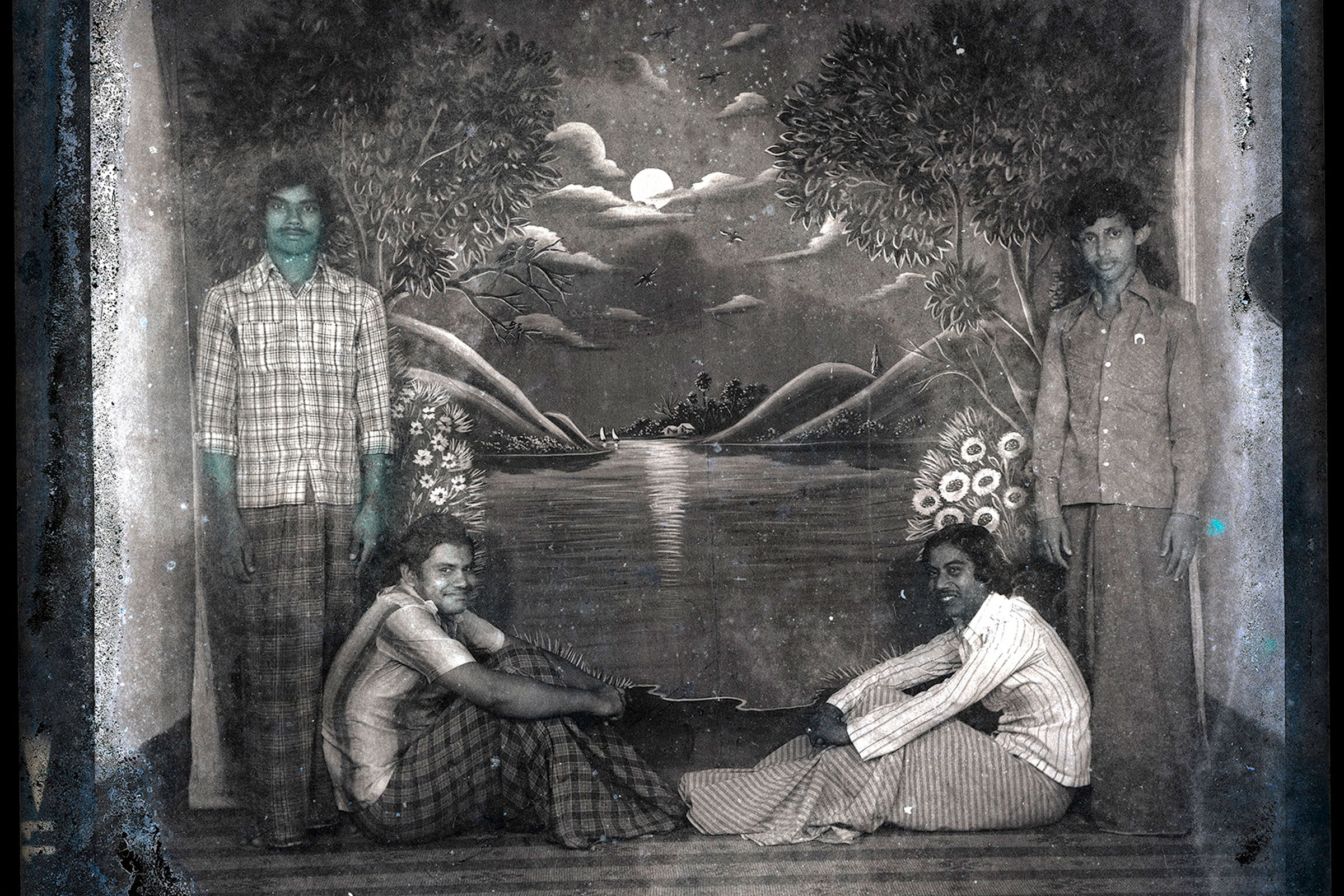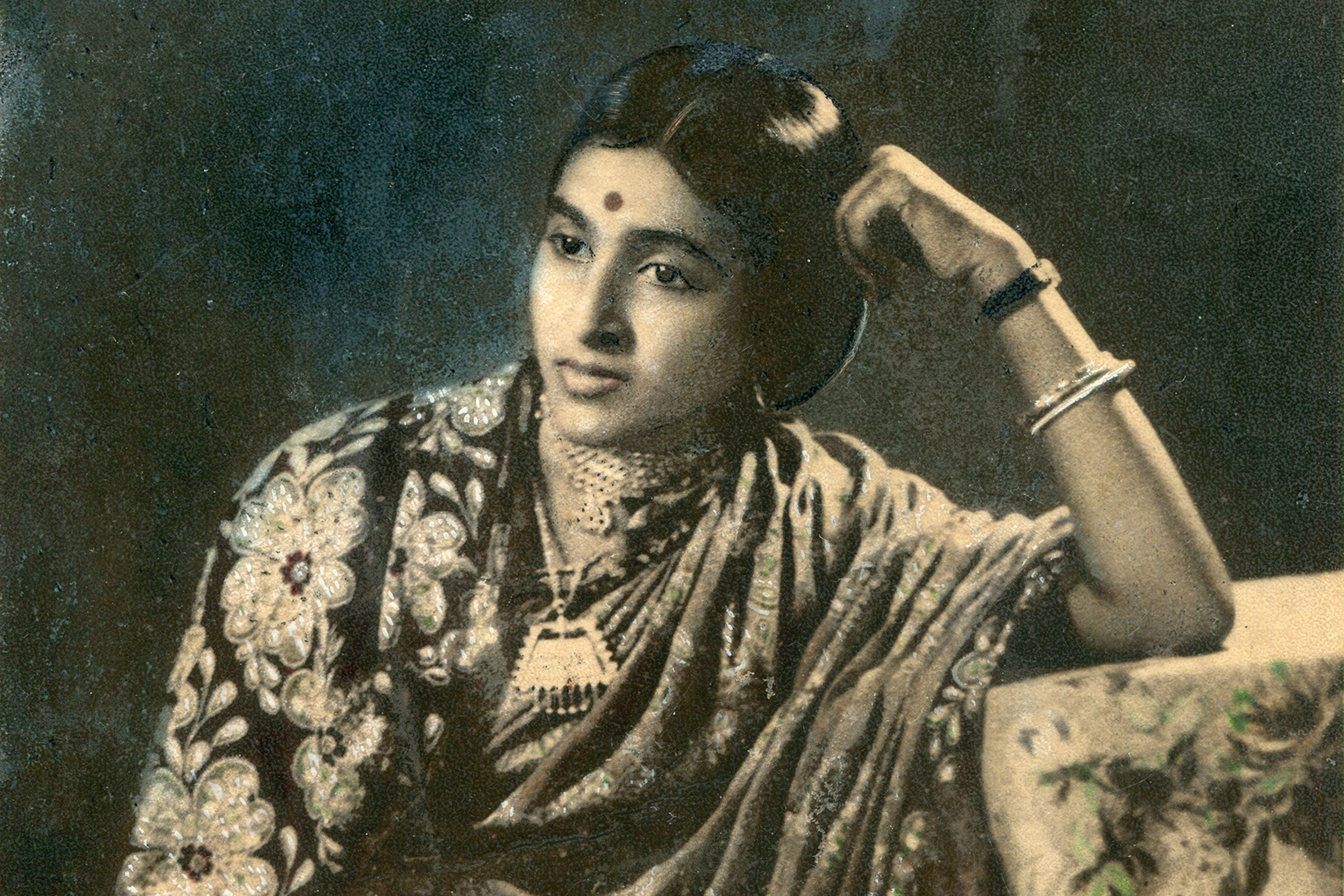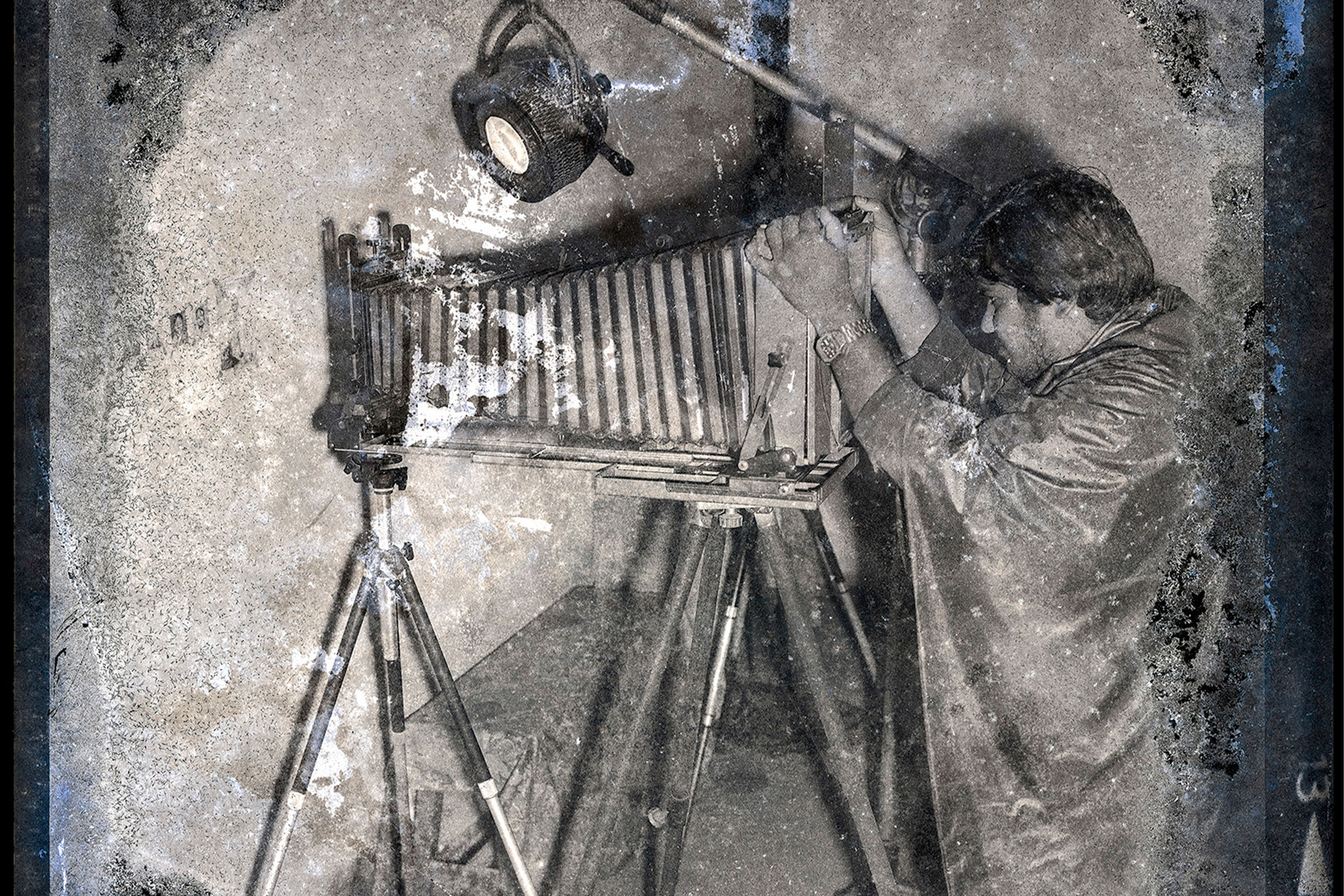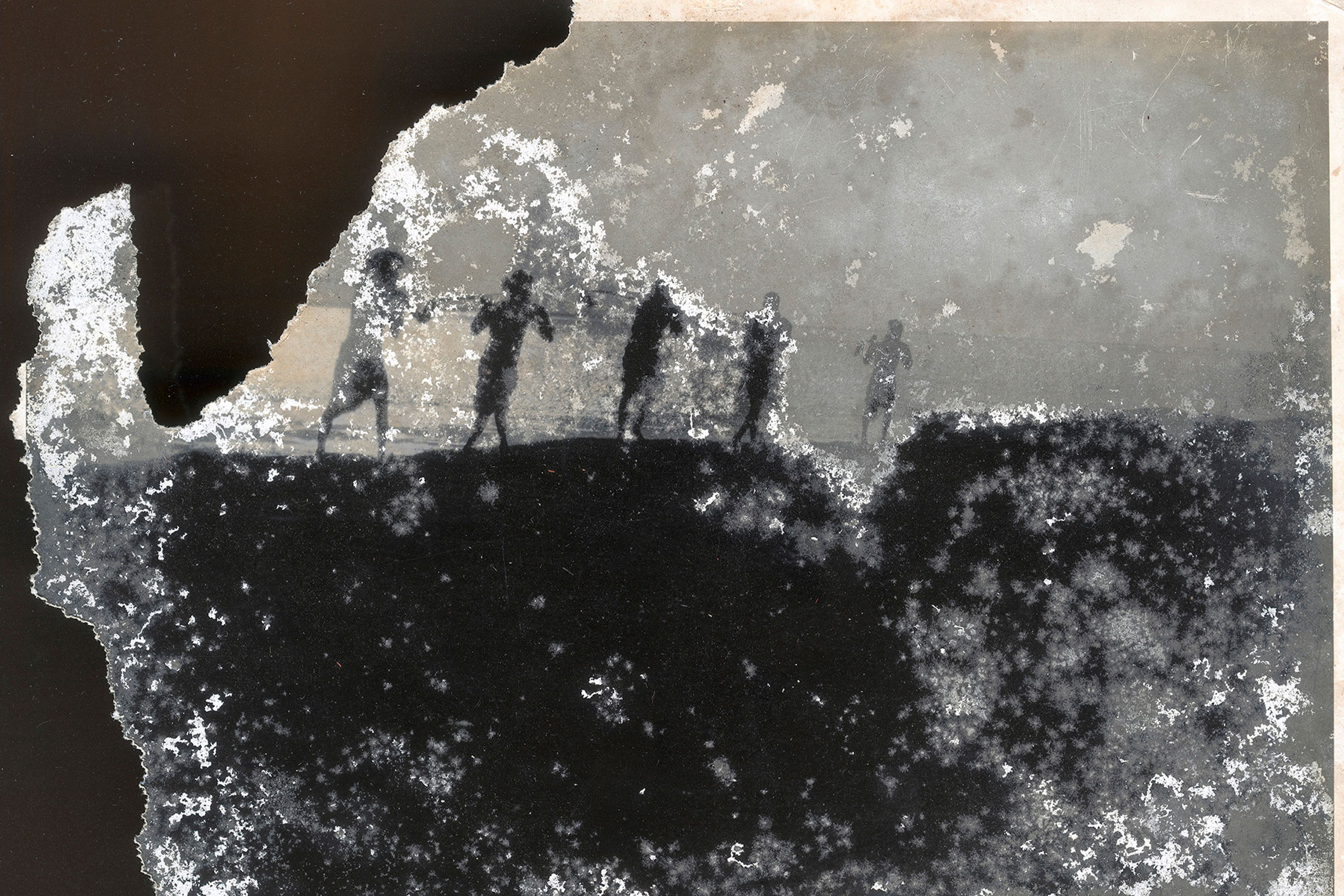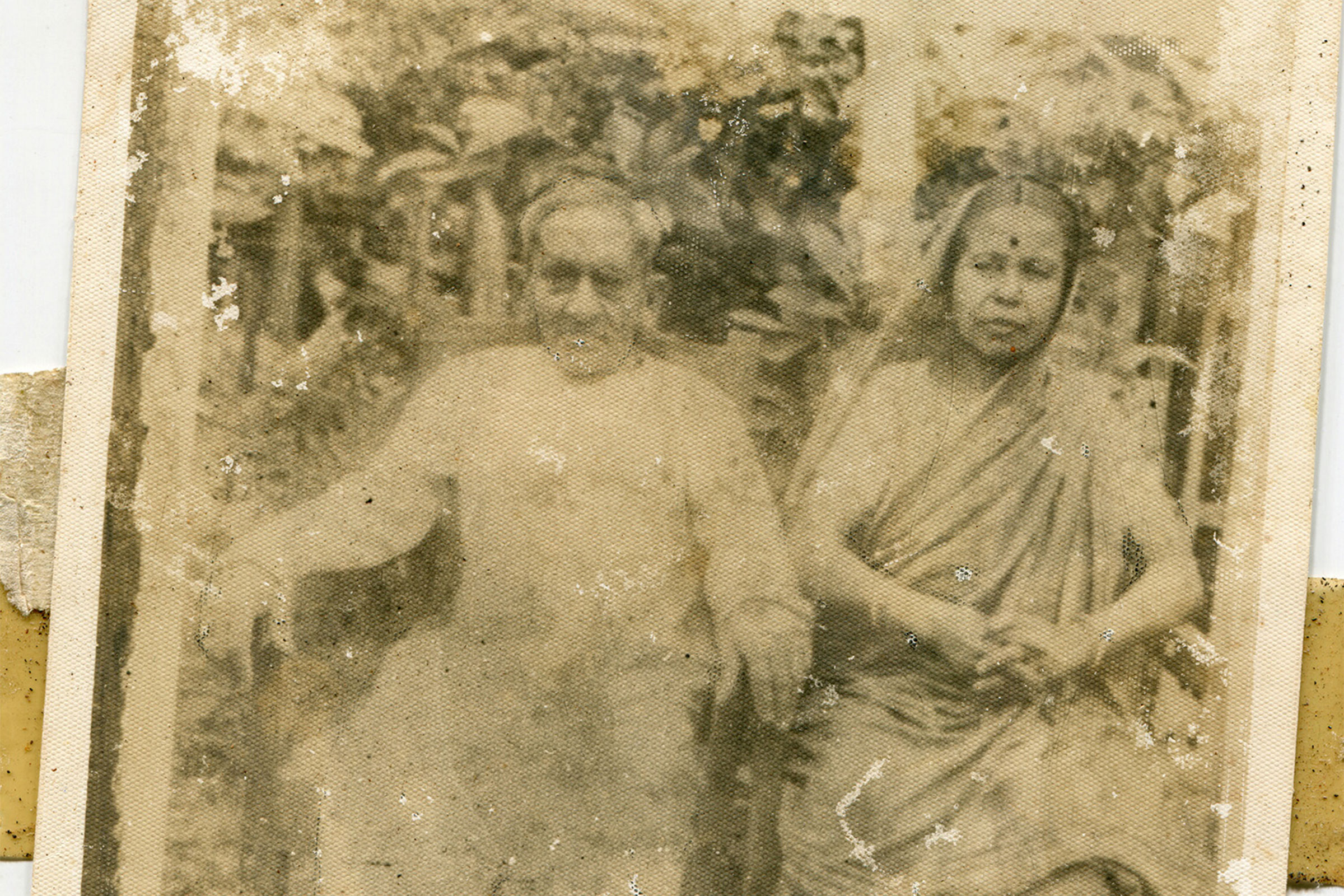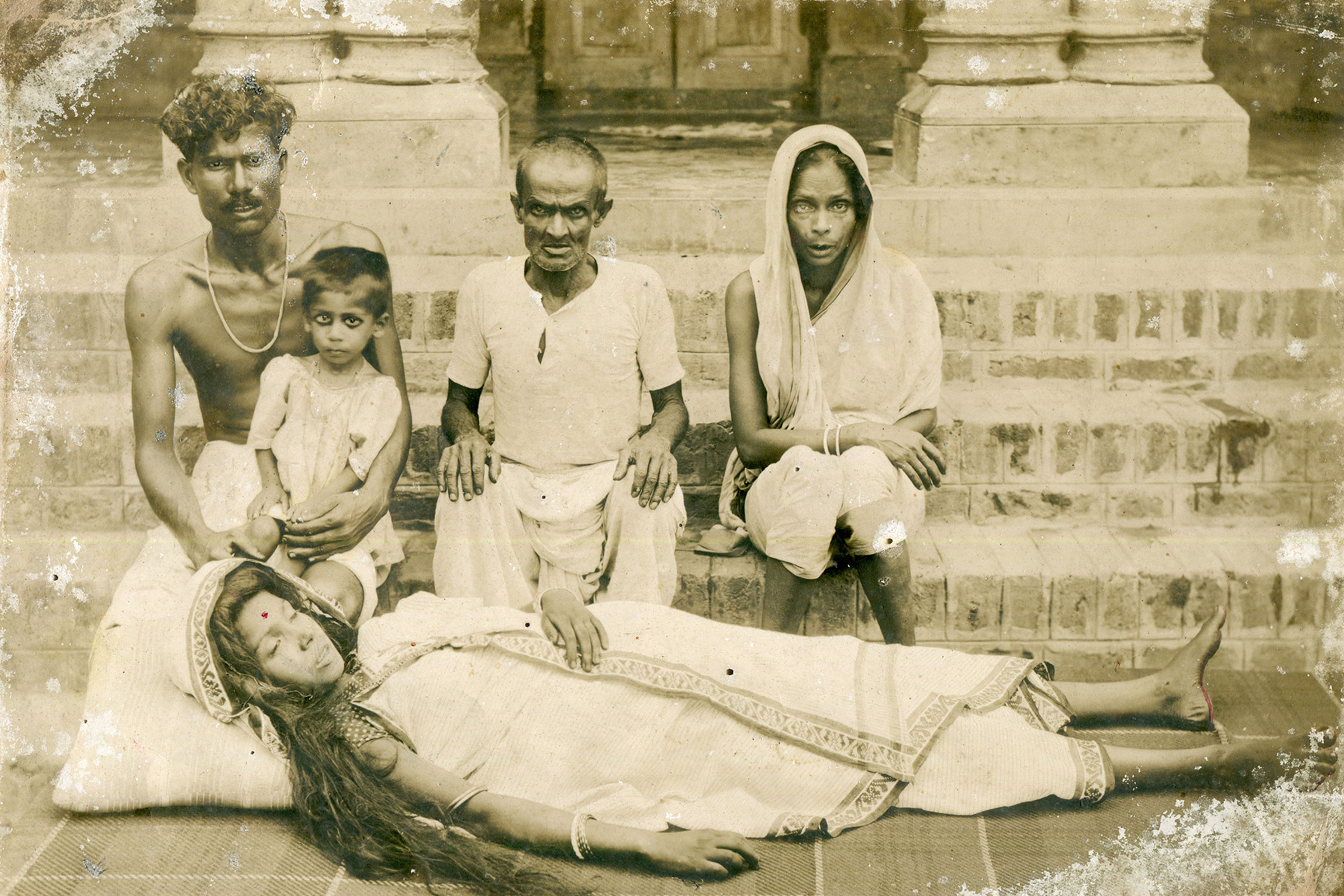DRIK PICTURE LIBRARY
Established in 1989, Drik Picture Library Ltd., is an independent media organisation in Bangladesh, which was originally set up as a photo agency dedicated to promoting the work of Bangladeshi photographers. Drik recognised the power of photography and how it has been used by the western media to propagate negative stereotypes of majority world countries, many of these subjected to brutal colonisation. It was also aware that photography was seen as a lowly profession within Bangladesh despite photographers having played an invaluable role in documenting the horrors of the 1971 genocide, and the liberation struggle leading to the birth of Bangladesh. Drik therefore began campaigning for the rights of photographers alongside attempting to bring about social change.
Drik, since its emergence, has also been working to have photography recognised as an art form and link contemporary visual cultural tradition with its rich heritage in Bangladesh. The initiative Archiving Visual Memory is part of that long journey aimed to revive the vernacular history of mofussil photography in Bangladesh. The initiative recognizes the need to record and understand the vernacular history of photography in Bangladesh and the way it has enabled an individual photographer, a photo studio within a community to contribute to history, memory, and heritage. Having suffered the marginalisation of their medium within the art establishment for long, earlier photographers saw this as a struggle for their dignity, readily sharing their stories and collections. It is this hierarchy within art history that this project has attended to by questioning the elitist power structures within the arts.
ASAP will be working with Ishita Shah from Curating for Culture once more, who will be Consulting Archivist with Drik Picture Library for their Archival Project, “Archiving Visual Memory in Bangladesh”.
Website: Drik Picture Library
Social Media: Instagram
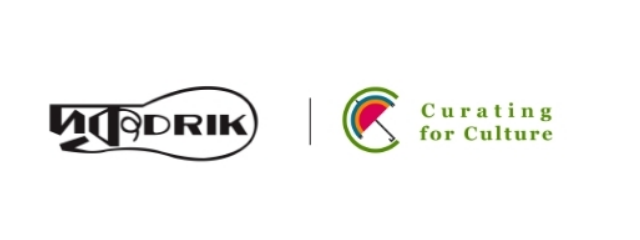
Curating for Culture
Curating for Culture will continue their archival consultation for projects with Art South Asia Project, which includes Drik Picture Library's Project “Archiving Visual Memory in Bangladesh". Curating for Culture (C4C) is a collective of many diverse individuals, who are passionate about cultural issues and creativity. The collective’s initiatives are rooted in community-based engagements across various contexts, pedagogical explorations for cultural preservation and developing creative processes for transdisciplinary scholarship. At times, they also take up institutional roles and engage in constructive activism.
Curating for Culture came into being amidst the pandemic of 2020. Their portfolio comprises research and interpretation projects, design projects for information exchange and public communication, curation of archives, publications, exhibitions and open dialogues. The primary themes under which Curating for Culture strives to further its work, but not limited to, are: South Asia/India in the archives, beyond the institutional narratives, empowering the local and a life in the day of an archivist or a curator. The fifth theme in-making is to look critically at the socio-politics of underrepresented narratives in popular histories.
Website: Curating for Culture
Social Media: Instagram
Ishita Shah
Trained as a designer and historian, Ishita practises as a researcher, educator and curator under the aegis of a personal collective: Curating for Culture. Over the last few years, her efforts have been invested in exploring frameworks for personal and community archiving projects through self-initiated incubation programme. She has also been offering consultation as an archivist at the Pattani Archives (Gujarat), mentoring the Britto Art Trust Archive (Bangladesh), and curating the archiving and publishing project for Venkataraman Associates (Bengaluru). Very recently, she has also curated the publication Biome Diaries and the archiving project for Biome Environmental Solutions Pvt. Ltd.
Due to her keen interest in furthering the creative possibilities for cultural preservation in India and the Global South, she has also curated publications, exhibitions and dialogues in collaboration with several cultural institutions and individuals. She has been the former UNESCO Chair coordinator at Srishti Institute (Bengaluru) and founding archivist and oral historian at CEPT Archive (Ahmedabad).
She is currently pursuing research on the journeys of early women architectural practitioners of India as a Graham Foundation Grantee 2020.
